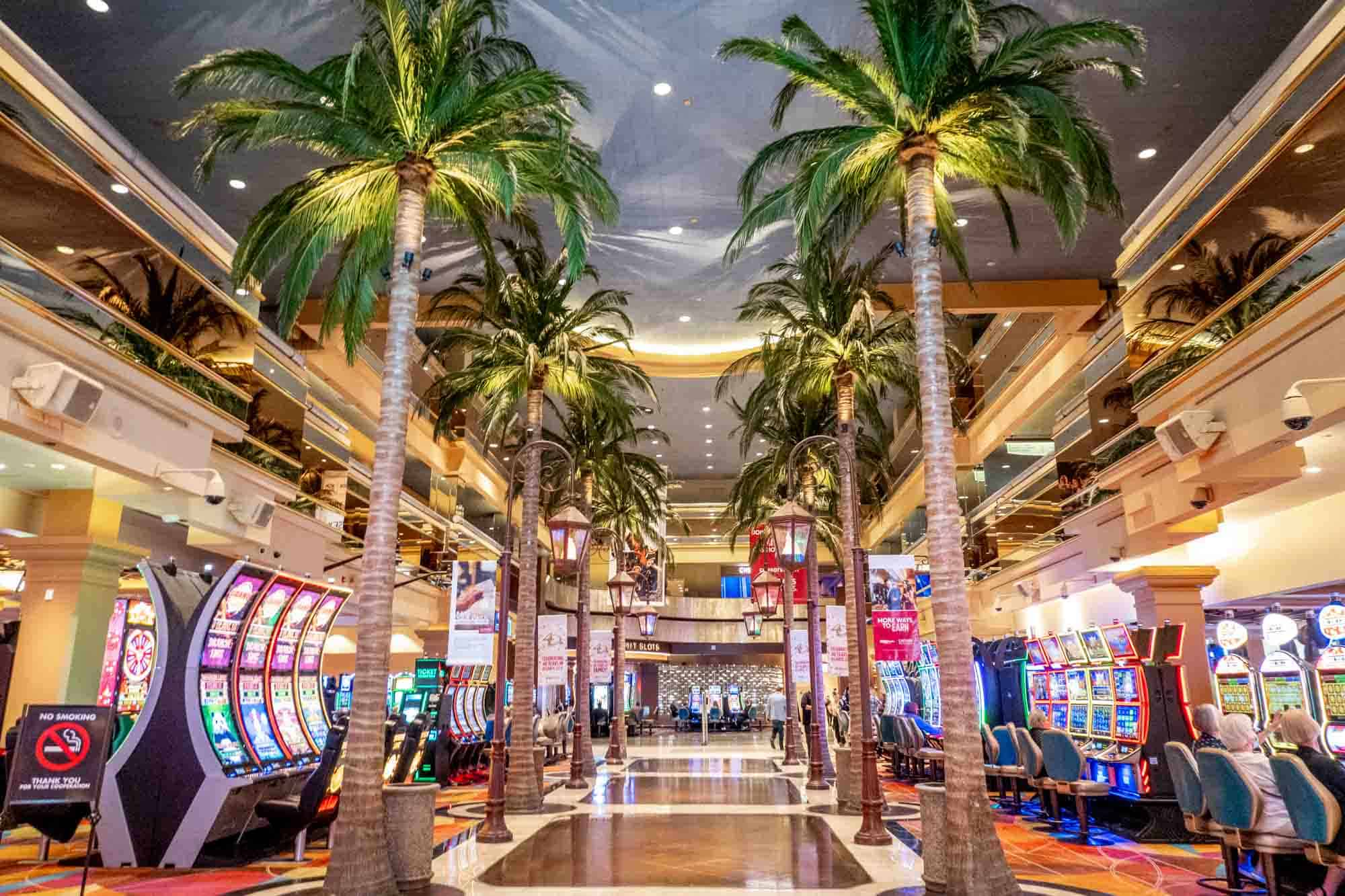
In the world of gambling, in which chance and strategy intersect, a unique tapestry of beliefs emerges—one that intertwines luck, fate, and the enigmatic nature of casino games. Casinos, bustling with excitement and anticipation, are not just places for placing bets; they are also arenas in which superstitions thrive. From the novice player to the seasoned gambler, these mysterious practices often shape how individuals approach the games they play, holding the belief that their actions can influence the outcome in ways that go beyond mere probability.
When players gather around roulette wheels, blackjack tables, and slot machines, the atmosphere is thick with stories of lucky charms, rituals, and codified behavior that defy logic yet provide a sense of comfort. Whether it’s wearing a specific outfit, following a particular sequence of bets, or even avoiding certain numbers, the attachment to various superstitions reflects a deep-rooted desire to master the uncontrollable. This article delves into the captivating world of casino game superstitions, examining the beliefs that both entertain and mystify those who dare to play.
Cultural Origins of Superstitions
Casino games have long been interwoven with an host of superstitions that go back to ancient cultures. The beginnings of these ideas can be linked to humanity’s fundamental wish to control the uncertain outcomes connected with luck and chance. In ancient civilizations, games of uncertainty were often linked to spiritual practices. Gamblers would seek blessings or ask for favor from deities, believing that their actions could influence the outcomes in their benefit. This foundation laid the groundwork for the myriad of superstitions that spread as gambling evolved over ages.
During the medieval period, gambling became a common pastime across Europe, and with it, a colorful tapestry of superstitions appeared. Participants adopted different rituals and charms, believing they could change the consequences of games. The value of numbers, in particular, emerged to appear in superstitions around card games and dice. The number seven was often considered auspicious, while various numbers carried unfortunate connotations. These beliefs mirrored the social contexts of the time, evolving as they moved through generations and adapted to emerging gaming environments.
As casinos developed in the 1600s, particularly in Italy and the French nation, the atmosphere surrounding betting became imbued in enigma. The growing availability of casino games allowed for the dissemination and diversification of superstitions among players. Concepts like charmed charms, specific seating arrangements, and rituals gained prominence, creating a distinct culture within gambling establishments. As these customs continued to thrive, they became essential to the character of gambling games, illustrating how history and tradition shape the belief systems that influence how gamblers connect with luck.
Common Casino Myths
Beliefs surrounding casino games are plentiful and varied, reflecting the dreams and fears of gamblers as they participate in random activities. One of the most common views is that specific numbers bring luck or misfortune. For example, the number 7 is often seen as a lucky digit, frequently embraced by gamblers looking for a favorable result. thương hiệu F168 Conversely, the number thirteen is routinely considered cursed, leading many players to avoid it during their gaming periods.
Another common belief relates to practices that gamblers believe can influence their chances. Whether blowing gently on dice before a throw, using a specific hand to place a wager, or even putting on specific items of attire, many people feel that these rituals can tilt fate in their favor. These practices offer a feeling of power in an otherwise unpredictable environment, reinforcing the idea that luck can be manufactured through individual beliefs and habits.
Finally, the environment and atmosphere of the gambling house itself adds to myths. Many gamblers suggest that the presence of specific symbols, such as four-leaf clovers or lucky tokens, can enhance their odds of success. Additionally, gamblers might adhere to the belief that winning streaks can be halted by mundane events, such as a person passing by or a spill at the table. The collective atmosphere in a gambling house can amplify these superstitions, creating a shared culture of myths that transcends single experiences.
Impact of Superstitions on Players
Superstitions play a important role in the mindset of gamblers, often influencing their actions and decision-making. Numerous gamblers think that luck can be manipulated through various rituals, such as wearing a lucky charm, selecting specific colors, or steering clear of particular digits. This dependence on superstitions can create a feeling of control in an environment that is inherently unpredictable. Players often feel more self-assured and engaged when they feel that their actions could sway the outcome of a game in their advantage.
The impact of these superstitions extends past singular players, affecting the overall atmosphere within the casino. For instance, a player who believes in the luck of a certain slot machine might draw a crowd, as onlookers are fascinated by their apparent luck. This shared belief can amplify excitement and create a lively environment, leading to an interesting experience even for those who may not necessarily be believers themselves. The buzz around certain games can lead to increased participation and longer playing sessions, supporting the casino’s lively social scene.
In some instances, superstitions can lead to harmful effects for players. Depending too heavily on rituals can result in bad gambling decisions, as some may overlook basic strategies in favor of baseless beliefs. Additionally, the pressure to perform rituals may increase anxiety and tension, detracting from the pleasure of the experience. Ultimately, while superstitions can enhance the excitement of playing casino games, they can also lead to poor choices that overshadow the enjoyment and amusement intended in the casino experience.
